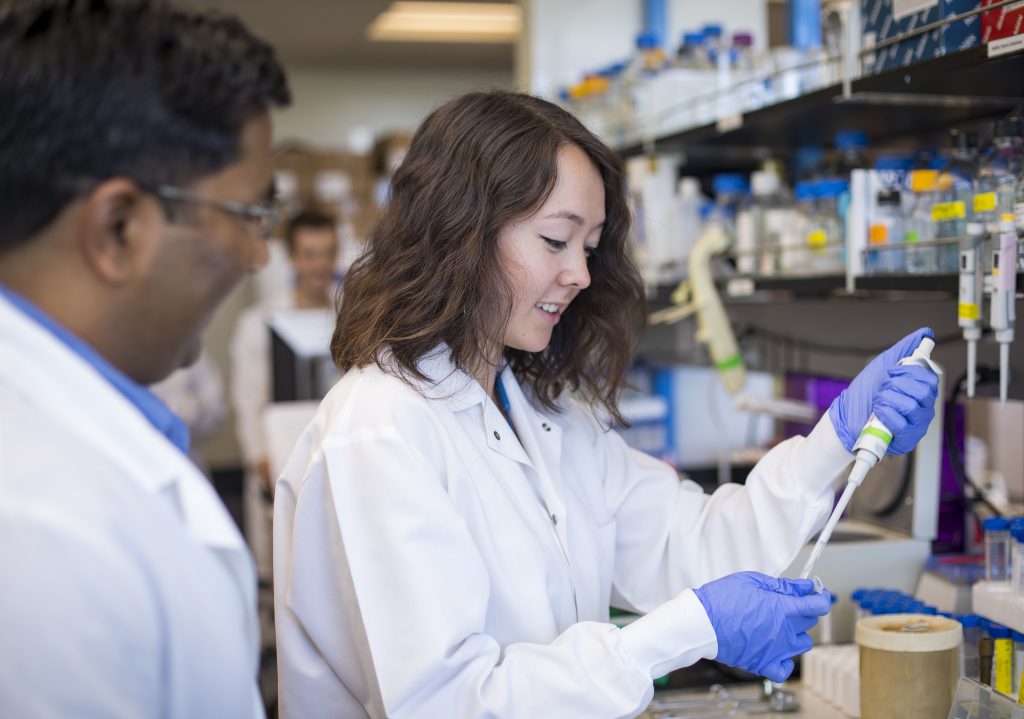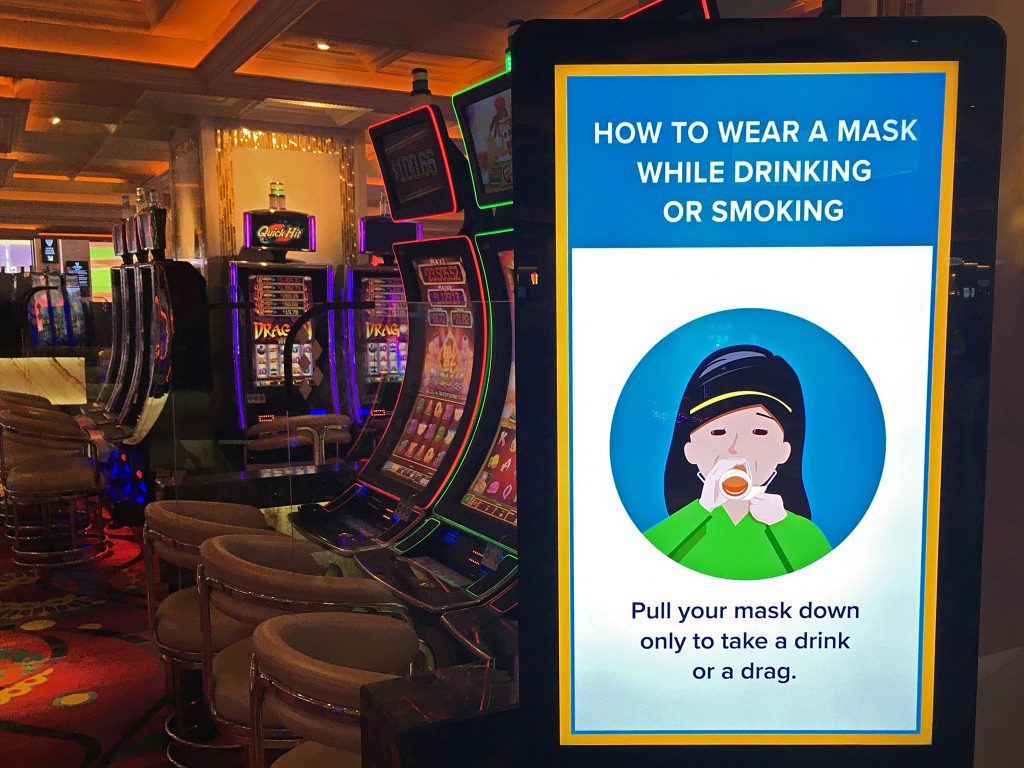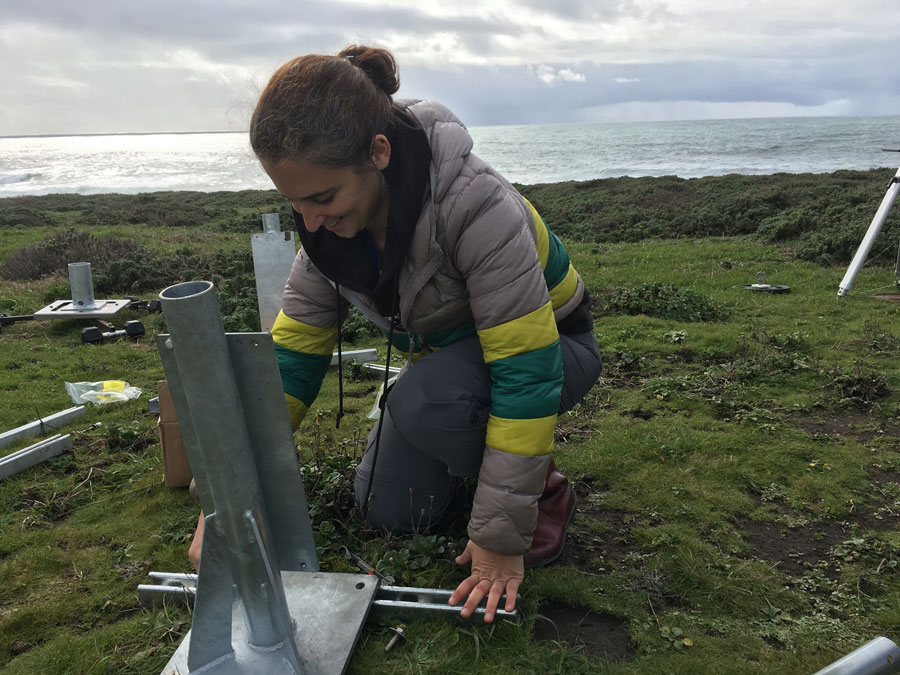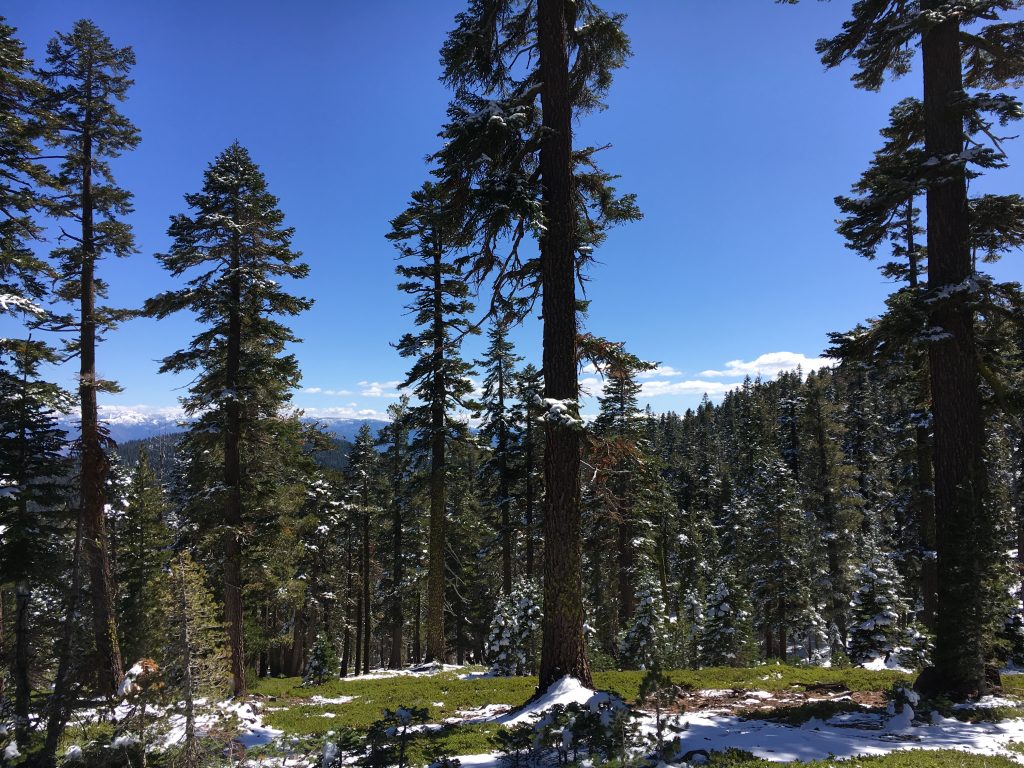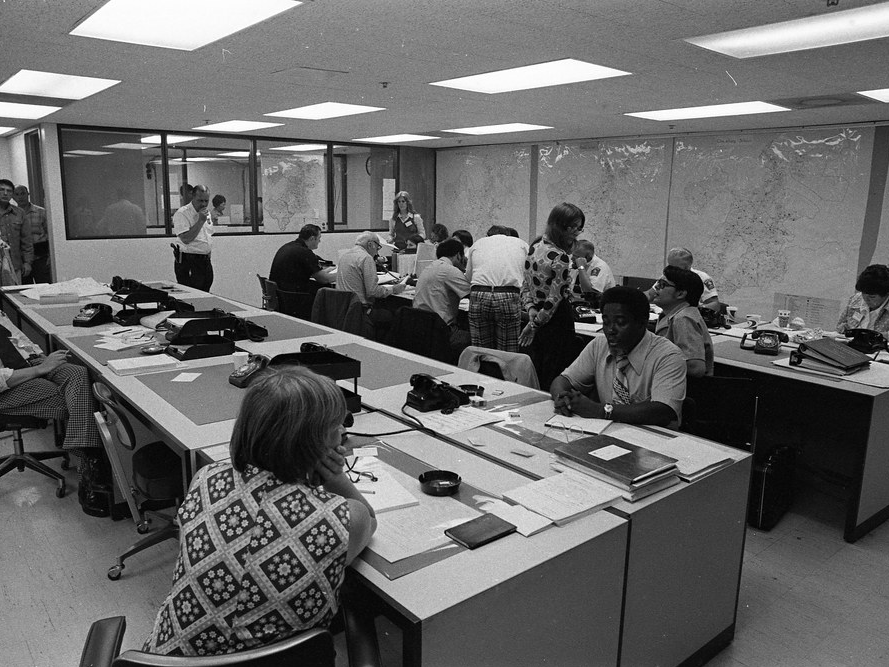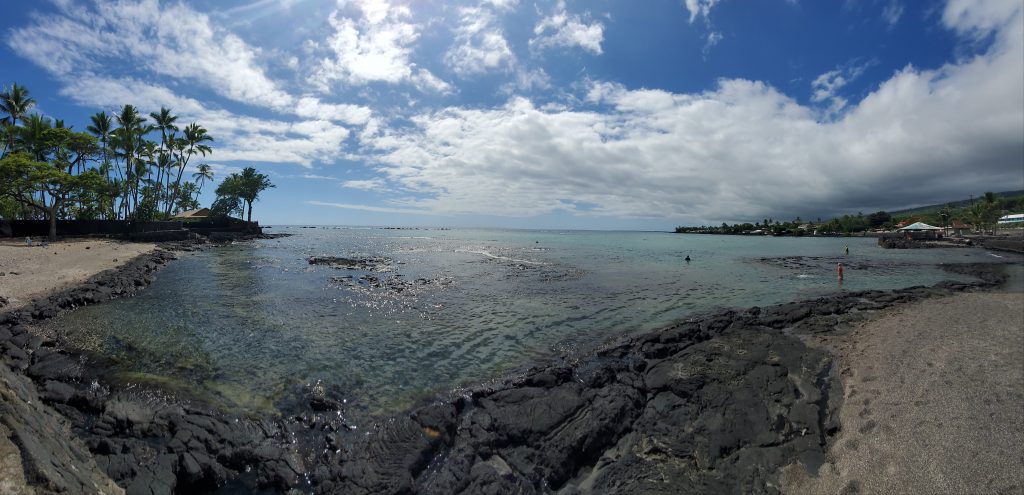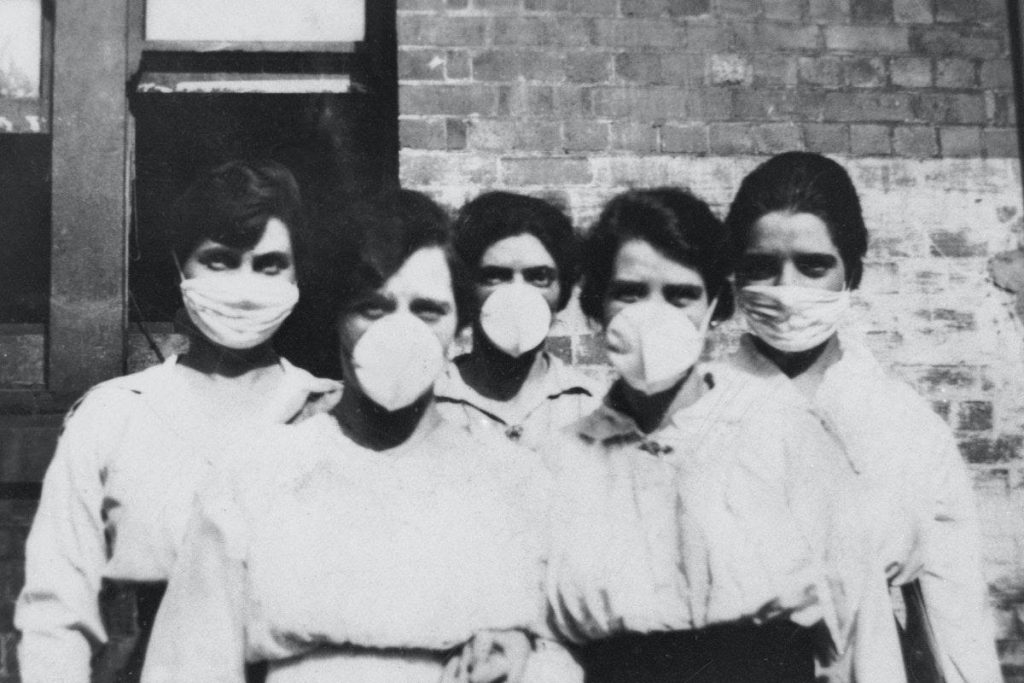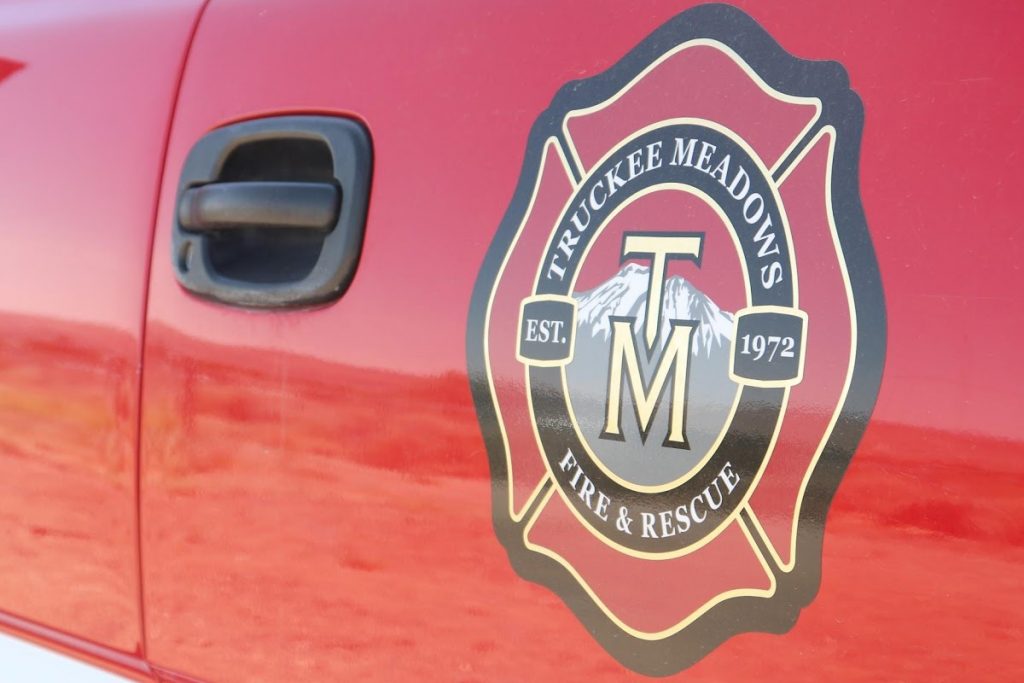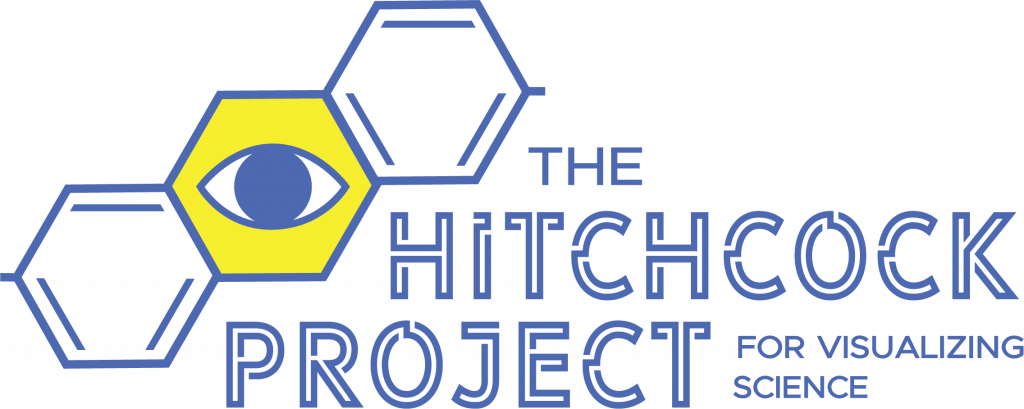NEWS
Science news by students in UNR’s Reynolds School of Journalism. If you are interested in writing for the Hitchcock Project or if you have a news story you would like us to cover, please contact Kelsey Fitzgerald, kmfitzgerald@unr.edu.
UNR scientists are studying the long-term implications of the mutations in SARS-CoV-2, the virus that causes COVID-19, and working to find out why it is mutating so quickly.
Some states have temporarily banned smoking in casinos to stop the spread of Covid. Nevada has not. Science suggests the virus could travel through the air on cigarette smoke.
With a warming climate and changing weather patterns, it might be time to update the federal reservoir-level rules that dictate how much water can be kept in some western U.S. reservoirs during winter.
As more winter precipitation is falling as rain instead of snow, it's changing how much water flows into reservoirs. It turns out it might be changing how much water trees can drink, too.
Is the pressure to perform in your tech job enough to have you seeking Adderall as a performance-enhancer? Read this before you do it.
Do you speak with an accent? Do you sound like you belong to a certain race? Research on racism and implicit bias is showing that the way you speak can impact education opportunities, financial benefits, and even access to quality healthcare.
Humans touch their face an average of 68 times per hour. The novel coronavirus can enter the body through a person's eyes, mouth and nose. But experts say there is an easy way to train yourself to stop touching your face.
A silver lining outcome of the COVID-19 pandemic? Coral reefs in Hawaii may be becoming healthier with fewer swimmers in the water.
Will we ever hug people again? Will we keep wearing masks? Past pandemics suggest that some aspects of our lives will revert to "normal" once this pandemic eases.
Low moisture levels in plant life give us a clue as to why firefighters are gearing up for one of the worst fire seasons yet.

